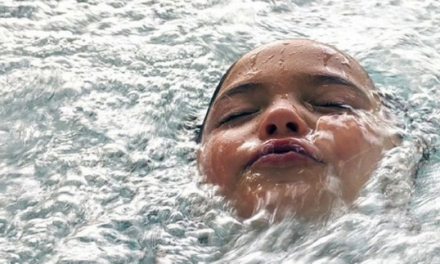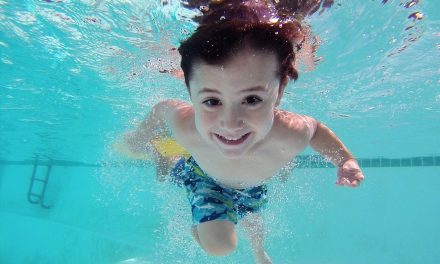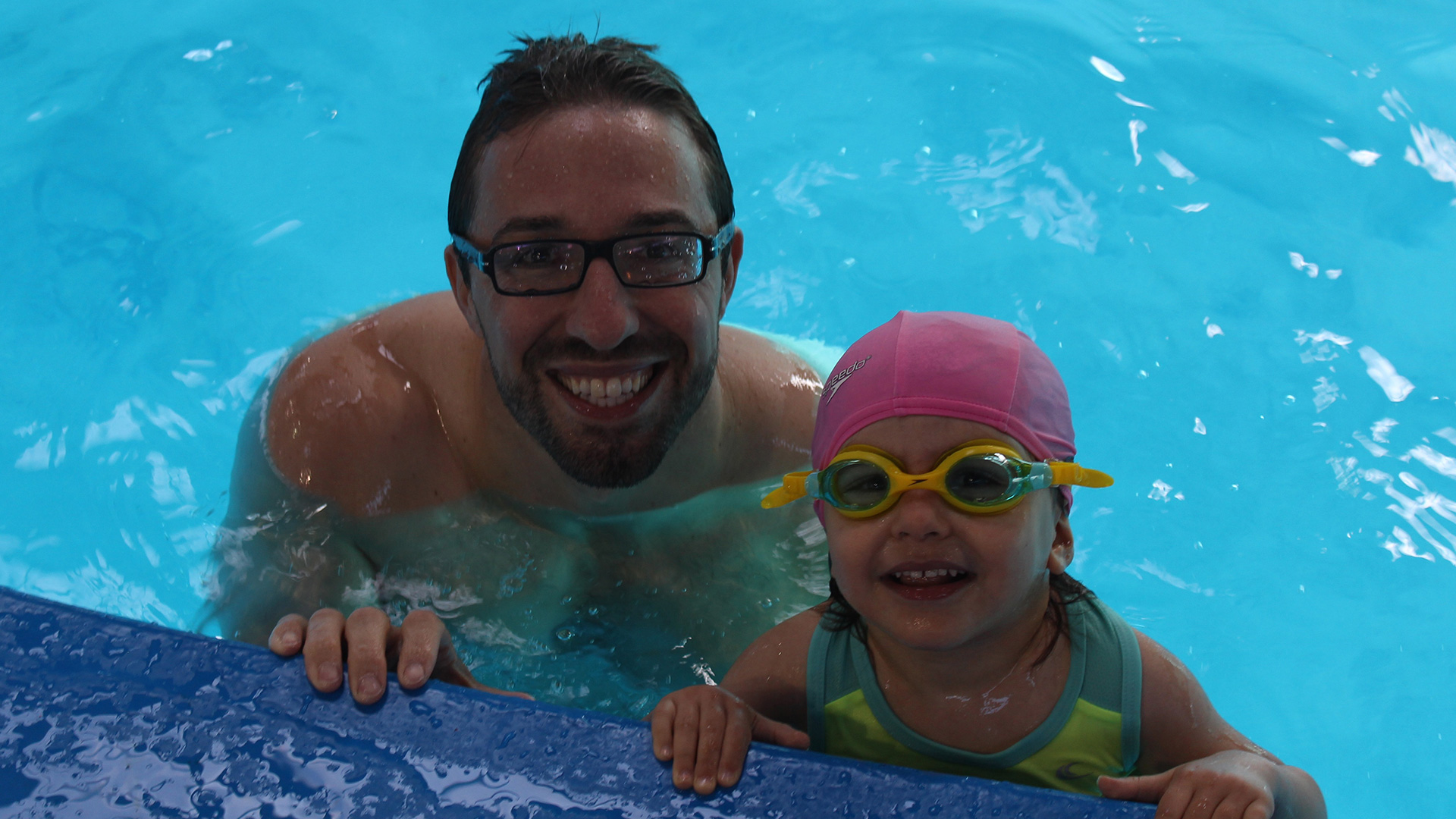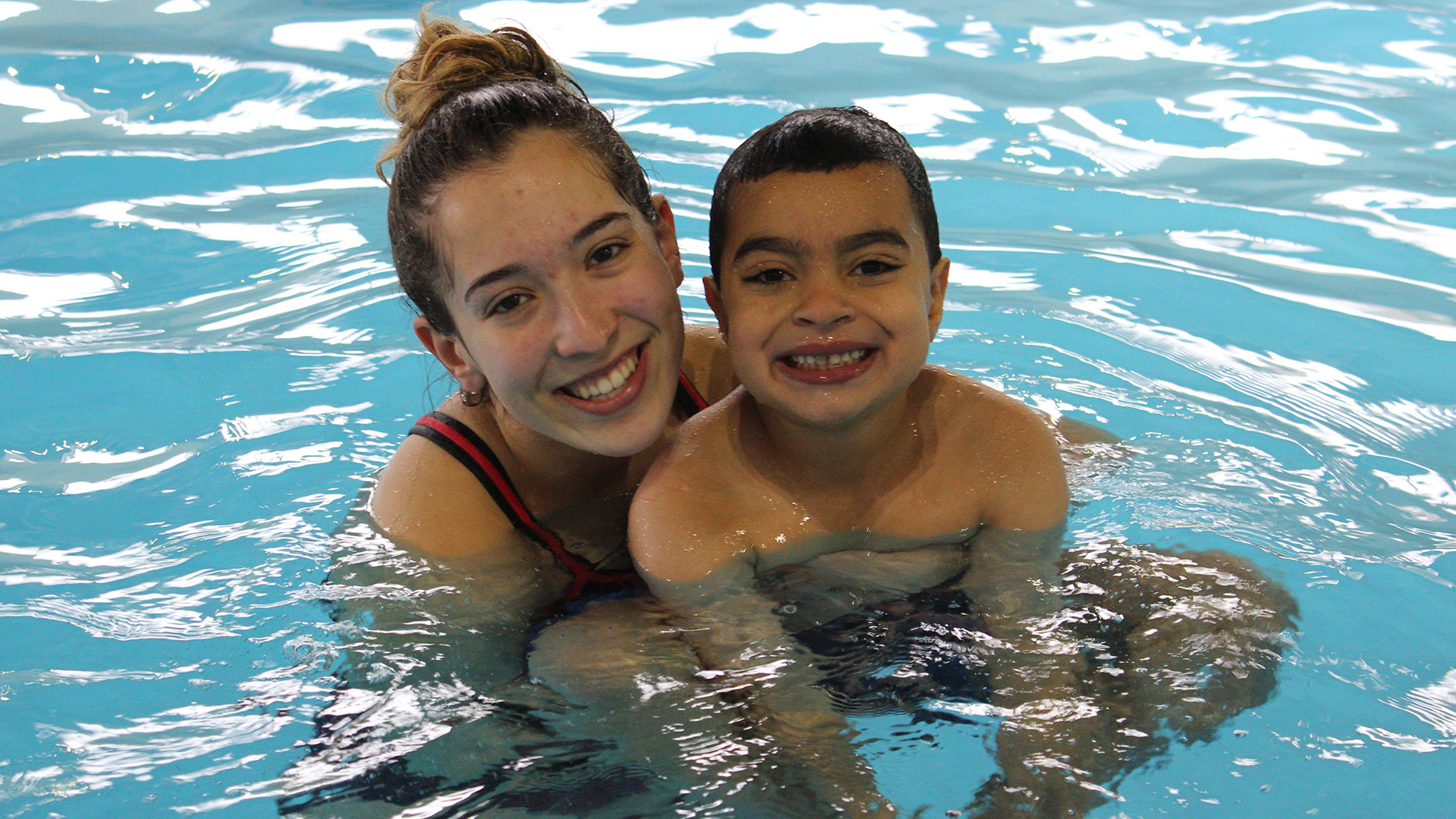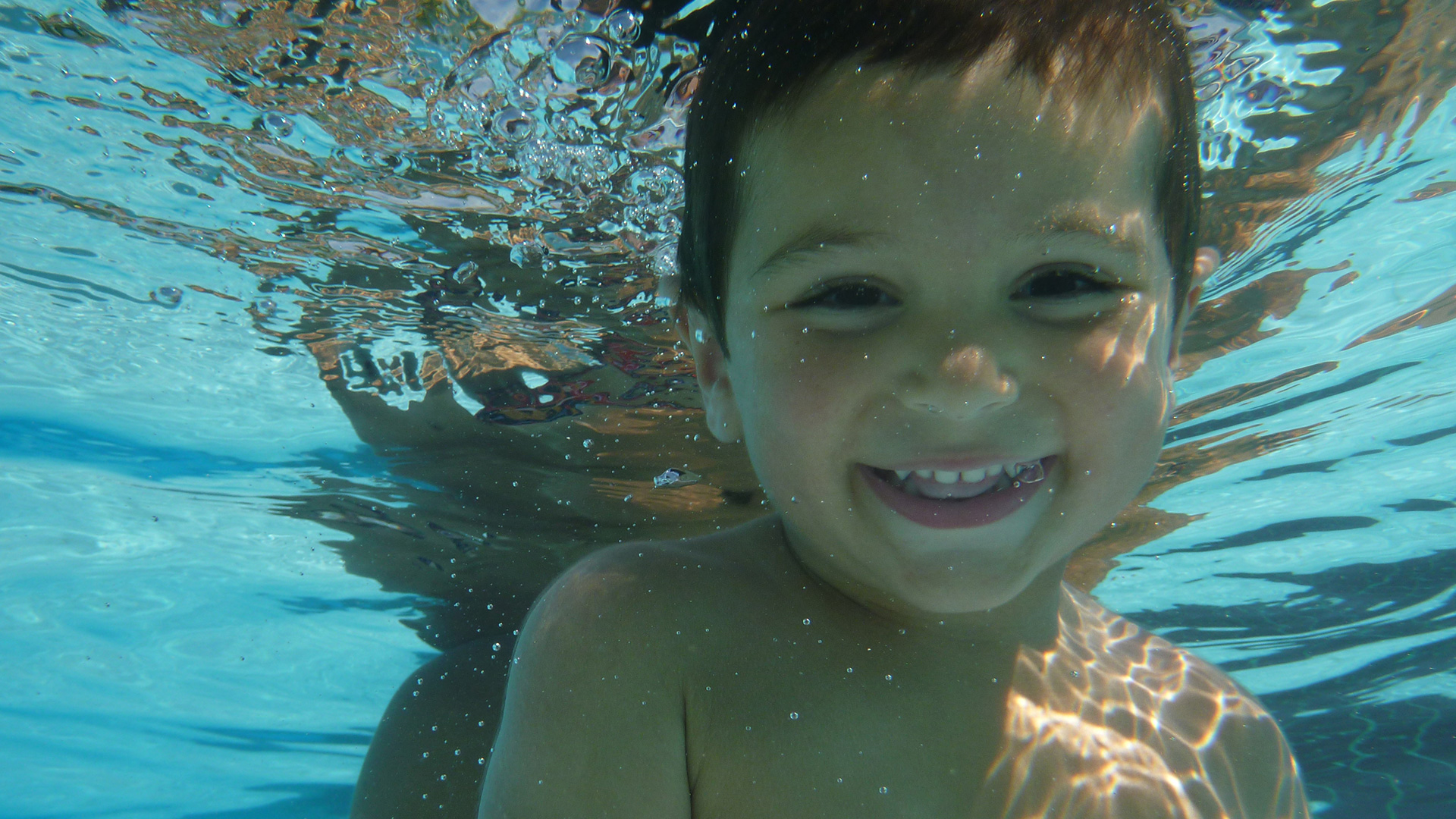It’s happened countless times. I would show up at the pool, pumped for my lessons. The kids show up, face glued to the glass of the pool door, positively brimming with excitement. There can only be one outcome from all this anticipation: an awesome swimming lesson. We get geared up: Suits tied up, goggles on. We walk to the pool, pumped as ever!
Only to touch the water and realize it is FREEZING.
Oh man. This lesson just switched from awesome mode to survival mode.
This is an extreme example. But it sets the stage for an important analysis of our business concept: Renting pool space greatly limits the control we have over the premises.
Let’s point out the obvious advantage to renting pool space, before going deeper into our analysis: Using someone else’s pool greatly reduces operating and start up costs. These savings are passed onto our clients.
The main disadvantage is that this greatly limits our control over the premises. We will highlight 3 main areas where this lack of control can influence the swimming lessons we offer.
Pool temperature
What’s the Deal
The holy grail of swimming lessons is warm water. We often say as a joke to new prospective partners, if you keep the pool warm, there will never be any other problems. Just as 100% of medical problems can be associated with stress, through the years we have determined that close to 75% of our complaints are a direct or indirect result of pool temperature. Cold water means less happy swimmers; kids are less pumped, which means to an observing parent the lesson may not be going as well as they expect. Similarly, unhappy swimmers are less likely to progress and advance, because well, cold sucks. Especially for infants and babies, they have limited expressions (aka they laugh when they’re happy, and cry when all else).
What MIS does to mitigate this
We educate our partners and keep them accountable. Warm pools means happy clients, improving the morale of a lesson and the pool environment in general. Our warmer pools always have the highest renewals and the best sales, so keeping a pool warm ensure smoother operations and better revenues for our pool partners. Similarly, we have efficient policies and a simply chain-of-command, so when a cold pool is reported, we are immediately working with pool staff to get the temperature back up, or working with our team to relocate to a warmer pool.
What Parents can do
Make sure all swimmers have long-sleeved swim suits, thermal swimming gear, or kiddy-wetsuits. Isn’t that overkill, you ask? Absolutely not. It’s only slightly more expensive than regular swim gear. Plus, we live in Montreal, the intense cold can infiltrate the ground and walls and general make pool areas cooler for the winter months. It’s worth it, trust me. Also, ensure your kids have been fed between 1-2 hours before your swim class, this will ensure they are properly fueled and therefore are warm and attentive. Lastly, if the pool is cold and your child unhappy, please give feedback to your instructor and contact MIS customer service. We will get all over it like white on rice. Do not, I repeat, do not complain to hotel or center staff. This can only put tension and stress on our partnership with the hotel. Tell us, let us resolve it with then hotel, we’re really good at it.
Cleanliness of pool area & changing room situation
What’s the Deal
If our kids are walking around wearing nothing but a bathing suit, you better believe we care about the conditions of the floors, bathrooms, and changing areas. I know and I care: I’m a father to a positively enthusiastic 2 year old. Fortunately, because we deal mostly with hotels who already have a high standard for customer service, most pool areas are kept at or above the cleanliness level of typical aquatic centers. However, it’s tough to be perfect all the time, and there are occasions when clients show up, and the floors are dirty or something is just off.
What MIS Does to Mitigate This
We again educate and constantly work to improve the relationships with our partners. The more they know about us and care about us, the more inclined they will be to ensure the premises are kept to a high level of cleanliness. We keep open lines of communication, and dig deep into the relationship to get to know not just the people in charge, but the maintenance and housecleaning staff.
What Parents Can Do
Be sure to always have flip flops, bring hair dryers. See a problem? Report it to MIS and let us do our thing (do not complain to front desk or hotel / center staff).
Why Are There So Many People In the Pool?!
What’s the Deal
We’re focusing here on hotels. Our contract permits hotel guests to use the pool while we have lessons going on. In fact, hotel guests must have priority. If guests feel inconvenienced, they will complain (it doesn’t take much). Complaints create tension in the partnership, etc. Now the beauty of hotel pools is that they are empty 85% of the time. Crazy statistic? No kidding hotels are open to having MIS come in and generate revenues from their money-pit-of-a-pool.
If there are guests using the pool during lessons, is it often just a handful, making it very easy to coexist and share pool space. However, sometimes there are sports teams. For those of you that have seen it, it is pure chaos: dozens of young kids running, jumping, screaming, rough-housing. Imagine trying to teach a fearful 2 year old to put their head in the water when dozens of young boys are going ballistic all around you.
What MIS Does to Mitigate This
Communication with our partners is key on this one. We frequently check in and request dates of sports teams, number of teams, even the tournament schedules. With all this information, and based on past experiences, we determine one of several courses of action: relocate, reschedule, or tough it out. Fortunately, our management team has gotten really good at anticipating and making the right call, and our instructors know what to do in the event their pool does get busy (put in a lane rope, etc).
What Parents Can Do
Help share the pool space. When pools are busy, it is busy on deck as well. Keeping your stuff on one chair, avoiding using up an entire table & 4 chairs just for jackets and towels is a big help. Also, being patient. Busy pools are few and far in between, so on that one day where the pool is a madhouse, thank you in advance for holding your tongue. Kids learning to swim in a raucous pool does have some advantages: real-life swimming is rarely calm, so it’s useful for kids to get exposed to more dynamic environments.
In conclusion, the key to providing a top-notch pool environment lies in everyone working and communicating together. Parents need to be prepared for every eventuality, be flexible in case classes need to be relocated, and communicate with MIS (and not complain to hotel staff). MIS needs to stay on top of our pool partners, educating them and following up quickly when needed. And our pool partners need to be constantly aware of the needs of our swimming lesson kids, parents, and instructors and work towards maintaining them.
And most importantly, we can never settle. We need to keep improving, keep driving forward, keep expecting more.




